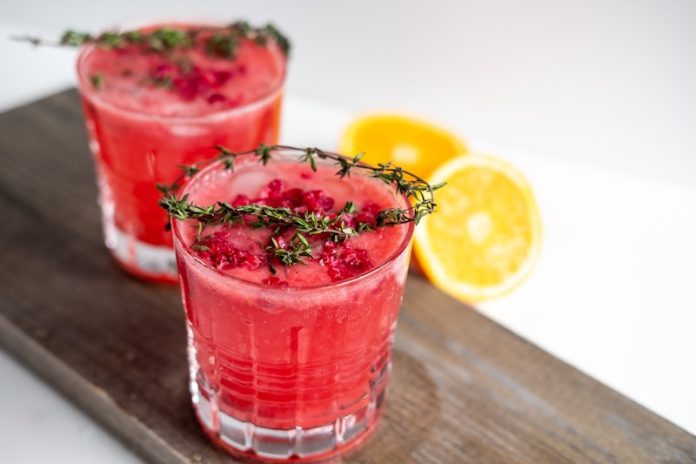
Scientists from the Queen Mary University of London found that drinking beetroot juice daily could help lower high blood pressure.
The beetroot is the taproot portion of a beet plant, usually known in North America as beets while the vegetable is referred to as beetroot in British English, and is also known as the table beet, garden beet, red beet, dinner beet, or golden beet.
Beets are rich in folate (vitamin B9) which helps cells grow and function. Folate plays a key role in controlling damage to blood vessels, which can reduce the risk of heart disease and stroke.
Beets are naturally high in nitrates, which are turned into nitric oxide in the body.
Nitric oxide is important for many aspects of our health. Its most important function is vasodilation, meaning it relaxes the inner muscles of the blood vessels, causing them to widen and increase circulation.
Recent studies have found that a single dose of dietary nitrate can quickly reduce blood pressure in healthy people because nitric oxide in beetroot could dilate blood vessels.
In the current study, researchers examined whether dietary nitrate could provide sustained blood pressure lowering benefits in patients with high blood pressure.
They tested 68 patients aged 18 to 85 years with hypertension for 4 weeks, who drank 250 mL beetroot juice daily or nitrate-free beetroot juice 250 mL daily.
The team found that daily drinking beetroot juice was linked to a reduction in blood pressure measured by three different methods.
The average reduction in clinic blood pressure was 7.7/2.4 mm Hg. Twenty-four-hour ambulatory blood pressure was reduced by 7.7/5.2 mm Hg. Home blood pressure was reduced by 8.1/3.8 mm Hg.
24-Hour ambulatory blood pressure monitoring (ABPM) is designed to monitor your blood pressure for 24 hours, including at night.
In general, this device takes a reading every 15 minutes during the day and every 30 minutes during the night. 24-hour blood pressure readings are more reliable than a one-off reading.
The team also found blood vessel function improved by 20%, and arterial stiffness was reduced after participants drank beetroot juice.
No adverse effect was found in the beetroot juice group.
This study showed evidence of durable blood pressure reduction with dietary nitrate supplementation in people with high blood pressure.
These findings suggest a role for dietary nitrate as an affordable and readily available way to manage high blood pressure.
The research is published in Hypertension and was conducted by Vikas Kapil et al.
Copyright © 2022 Scientific Diet. All rights reserved.





